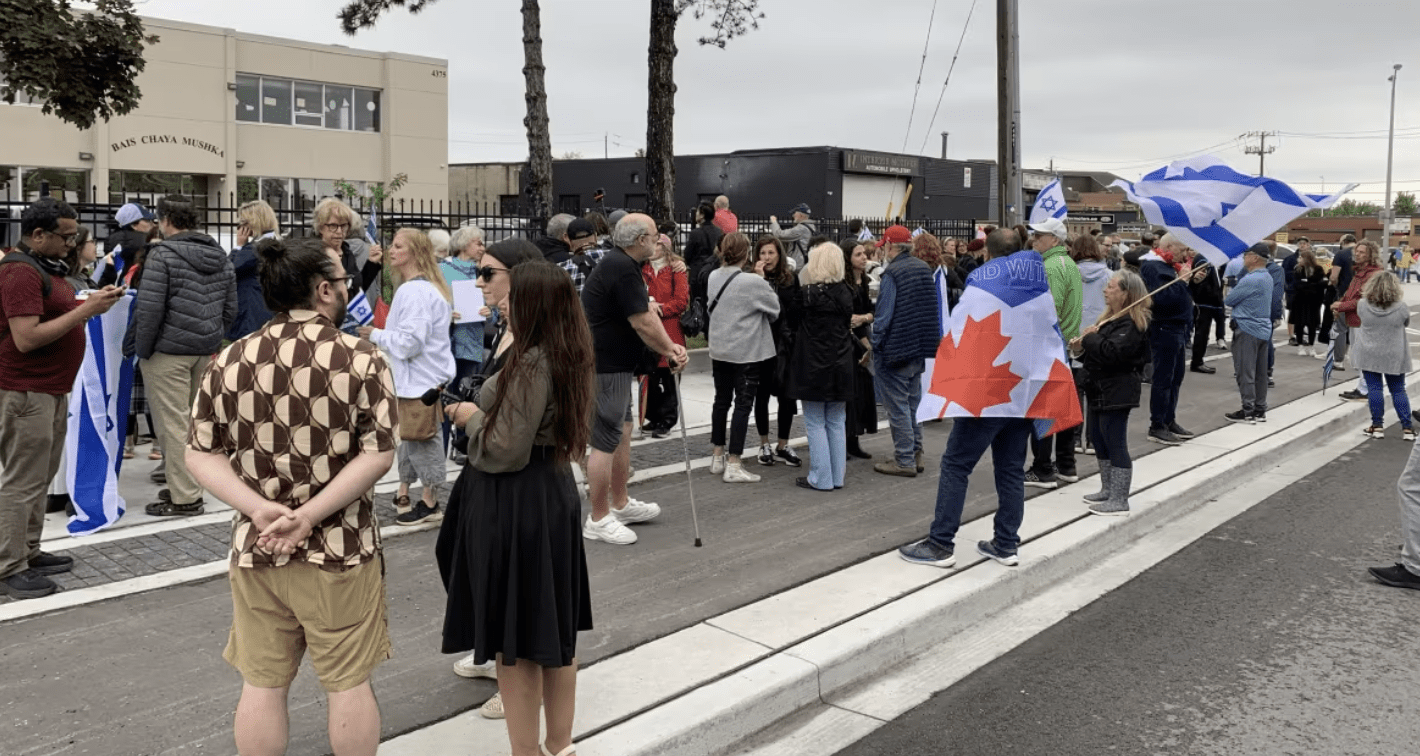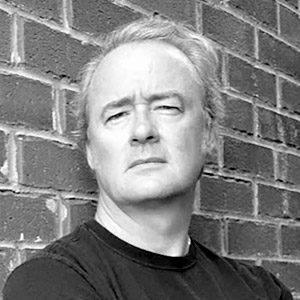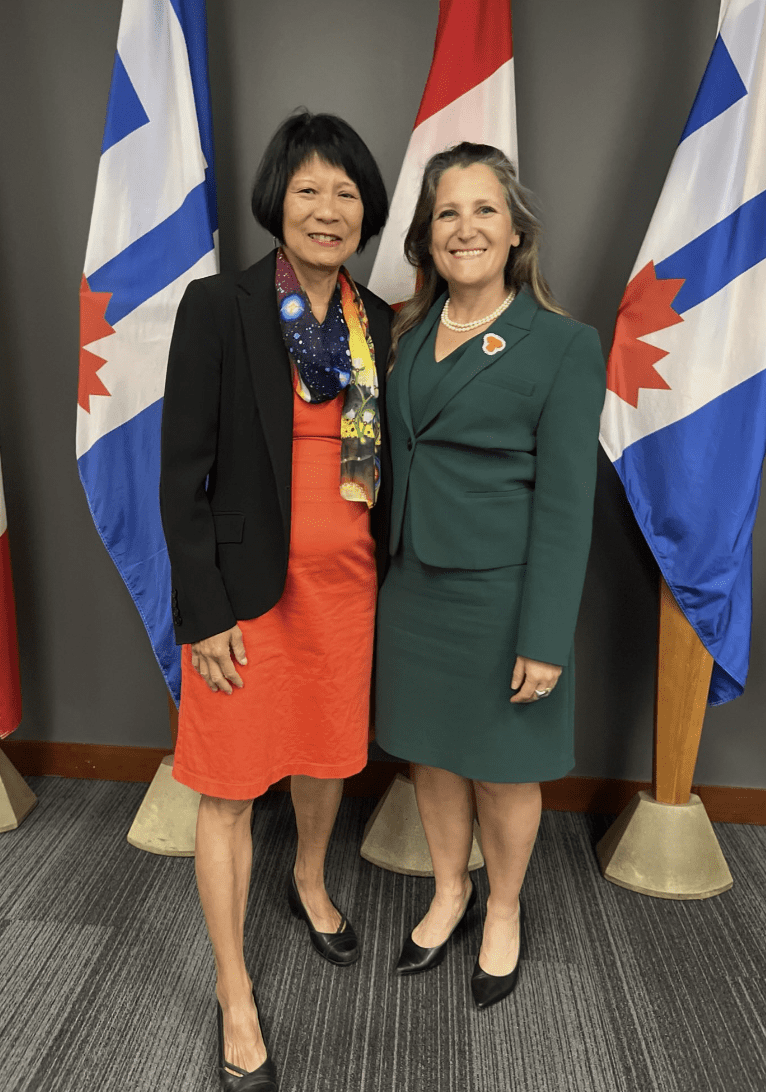What does a bullet do to the body of a four year old child?
If it’s fired from a handgun, as many shots were this weekend at Bais Chaya Mushka Elementary School in North York, it can often be fatal. A bullet can kill them with much more efficiency.
Medical studies show that when a child under the age of six has a gun shot wound, they are much more likely to be killed or experience long term damage. Their bodies are so tiny, so frail, bullets can do far more damage than in an adult.
That’s what happened at Sandy Hook Eelemtary School in Connecticut in 2012. Twenty children between the ages of six and seven years old were killed in a massacre using a gun. After a bloodbath, an American physician told the National Library of Medicine what a bullet can do: “As [the] bullet penetrates a human body, the energy of the bullet tears and shreds through tissue and bone, resulting in fractures, ruptured livers, and swollen brains, leading to hemorrhage, shock, and death.”
The Toronto Police Service hasn’t said what caliber bullets were fired at the Jewish school attended by children as young as the age of four. But, as they sit around their kitchen tables Sunday morning, debating whether to send their child back to Bais Chaya Mushka Elementary School on Monday morning, parents won’t be weighing that so much.
They will be wondering what a bullet could have done to their little girl. They will be wondering if its time to move away. They will be wondering what happened to Canada.
Bars Chaya Mushka is a school for girls. Israeli government policy isn’t decided at Bais Chaya Mushka Elementary School, nor does the IDF conduct operations out of there. It’s a school for girls.
On the weekend, two men stepped up to the fence at the front of Bais Chaya Mushka Elementary School and fired off several bullets. They then sauntered to a waiting car, where a third man drove them away.
No Jewish child was struck by a bullet this weekend at Bais Chaya Mushka Elementary School. The Jew-hating gunmen carried out their terrorist attack early in the morning. But that is small comfort for any parents who send their kids there. Those parents are wondering what those bullets could have done to the bodies of their daughters.
After the terrorists shot up the school, Mayor Olivia Chow and several Toronto councillors issued lots of tweets of the “thoughts and prayers” variety. But the fact is – and history will record – that, just days before the attack, they voted against creating protective security zones around faith-based institutions. Like Bais Chaya Mushka Elementary School. Like a synagogue. Like a mosque. Like a church.
Why did they vote against that? They said they did it because they believe in free speech, but that’s a lie. Speech ends when someone picks up a gun. Free speech doesn’t stop a bullet aimed at a four-year-old.
Here are the names of those who voted against providing some extra protection for places like Bais Chaya Mushka Elementary School. Remember their names.
- Mayor Olivia Chow
- Councillor Paul Ainslie
- Councillor Alejandra Bravo
- Councillor Shelley Carroll
- Councillor Paula Fletcher
- Councillor Kandavel
- Councillor Ausma Malik
- Councillor Josh Matlow
- Councillor Chris Moise
- Councillor Amber Morley
- Councillor Jamaal Myers
- Councillor Gord Perks
- Councillor Anthony Perruzza
Those politicians didn’t just vote against protecting religious places in Toronto. They voted to send out an unsubtle message: some citizens are less equal than others. In Toronto, Jews are now less equal.
Chow and those councillors don’t seem to care so much what has been happening to Toronto Jews since October 7, when the world went mad. They had an opportunity to prevent the terrorist attack that took place at Bais Chaya Mushka Elementary School. And they didn’t. It’s fair to say that they painted a target on that school.
They’d strenuously object to that, of course. They’d say that they oppose the Jew hatred now seen all over Toronto, for many months. But, again, they’re lying.
By their actions, not their words, we will know them. And, by their actions, we now know what they think about what a bullet can do to the body of a four-year-old.
They don’t care.










